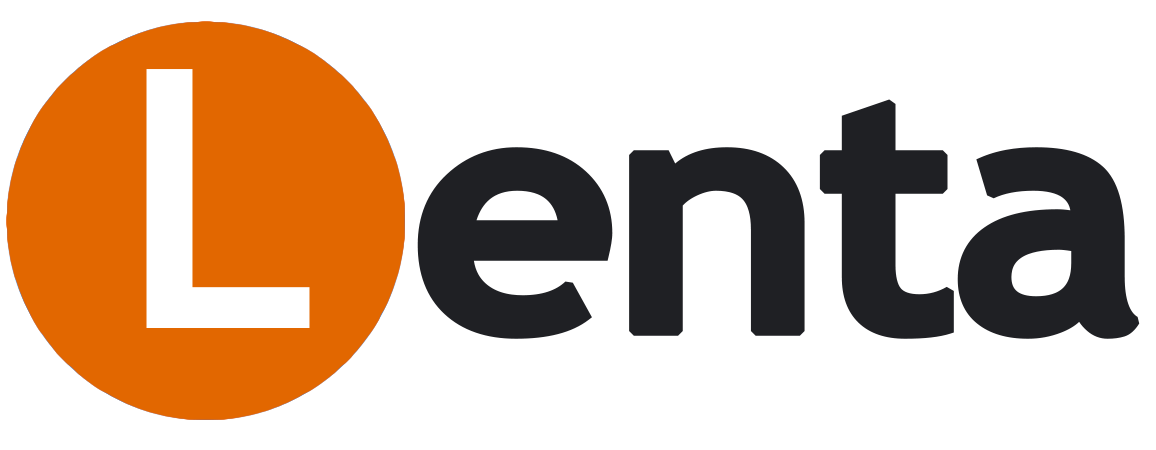
Square is a company best known for its disruptive card payment technology. Founded in 2009 by Twitter CEO Jack Dorsey, the company sells affordable mobile-based point-of-sale systems. But beyond the world of traditional fiat currencies, the firm is making cautious steps into the fast-paced world of cryptocurrency.
Back in March, Dorsey tweeted that Square was actively recruiting a modest team of cryptocurrency developers and designers to work on open-source contributions to the ecosystem. In the months that followed, Square’s kept quiet about its progress.
On Monday, I met with Jack Dorsey at Square’s chic Central London headquarters, situated on the bustling Tottenham Court Road. For thirty minutes, I grilled the enigmatic Twitter and Square founder about his progress in building a cryptocurrency A-Team, and his overall goals for this exciting nascent market.
My first question: Why? It’s a fair question, after all. Square’s bread-and-butter is products that service traditional fiat currencies. Cryptocurrencies, on the other hand, are overwhelmingly the preserve of a handful of early adopters and risk-tolerant investors.
Dorsey explained that the promise of cryptocurrencies (and, of course, blockchain) are inherently geared towards consumer empowerment, offering previously unprecedented levels of transparency and control. Crucially, he regards both technologies as a logical (and perhaps inevitable) step in the evolution of the online ecosystem.
“The Internet for a long time has wanted a native currency. There really hasn’t been a prospect until a few years ago, when the Bitcoin white paper was released,” he told me.
Why is this important? According to Dorsey, a native currency for the Internet would permit it to operate free from the tethers of the traditional regulatory and legislative frameworks, which often encumber otherwise disruptive startups.
Citing the example of Square, he said: “Just from a business perspective, we don’t look like an Internet company today. An Internet company can launch something and it’s available around the world. Whereas with payments, you have to go to each market and pay attention to regulators. You need a partnership with a local bank. This is a very slow process in any new market. The Internet having a native currency will enable us to be more like an Internet company.”
Dorsey acknowledged that the cryptocurrency world is “very Wild West-like.” That’s a bit of an understatement. The inherently decentralized nature of crypto has allowed countless bad actors to profit at the expense of others. Just look at Bitconnect.
This isn’t a deal-breaker for Jack, who argued that the fundamental mathematics and mechanics of how cryptocurrencies work are “very sound,” suggesting he regards crypto’s teething problems as exactly that – teething problems.










